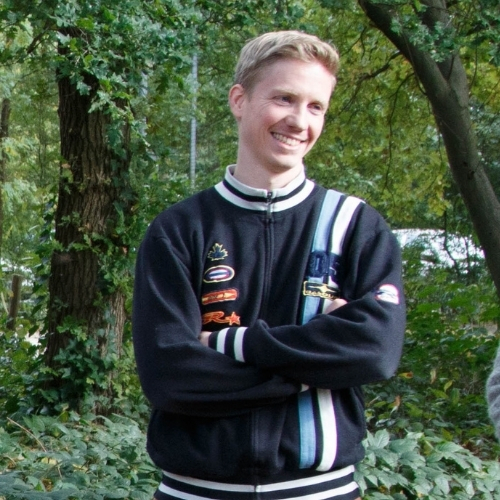
The ICOS ecosystem station Loobos is situated in the middle of the Netherlands, about 70km east of Amsterdam. The area used to be heavily cultivated and was eventually invaded by sand, leading to planting of pine trees on sand dunes in the beginning of the 20th century. In Loobos, ICOS measures basic meteorological variables and carbon dioxide and water fluxes using well-tested technologies. The PhD student Gerbrand Koren and his colleagues went to the pine forest area driven by a different motivation: They wanted to learn more about a novel tracer for photosynthesis. Gerbrand’s research mainly focuses on photosynthetic processes and the uptake of carbon dioxide by plants found in the Amazon rainforest. There, the measurements are taken over a range of 5,500,000 km, turning his research into a large-scale project. At the ICOS ecosystem site, he took air samples practicing the measurements on a smaller scale. In addition, ICOS data helped him to collect more information about the novel tracer Δ17O in carbon dioxide which could be the key to understanding how climate change affects our planet earth.
If you want to learn more about Gerbrand's research, read the full article here: https://www.icos-cp.eu/science-and-impact/science-contribution/success-stories/amazon